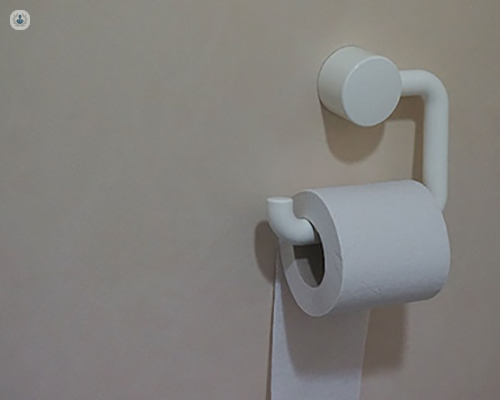What is functional urology?
Escrito por:In this article below, revered and highly experienced consultant urologist and andrologist, Dr Karen Czeloth, gives us a highly insightful overview of functional urology.

What is functional urology?
Functional urology is a specialised branch of urology focusing on the diagnosis, treatment, and management of urinary tract dysfunctions and disorders related to the bladder, urethra, and pelvic floor. Unlike traditional urology, which often centers on structural issues such as kidney stones or tumours, functional urology deals with the intricate mechanisms that control urinary function and continence.
A primary focus of functional urology is urinary incontinence, a condition affecting millions of people worldwide. Incontinence can be caused by various factors, including age, childbirth, prostate issues, or neurological disorders. Functional urologists use a range of diagnostic tools, such as urodynamic testing, to evaluate the functionality of the bladder and urethra. Treatments for incontinence can vary from behavioural therapies and pelvic floor exercises to medications and surgical interventions like sling procedures or artificial urinary sphincters.
Another significant area within functional urology is the management of overactive bladder (OAB). Characterised by sudden, uncontrollable urges to urinate, OAB can significantly impact the quality of life. Functional urologists may recommend lifestyle modifications, physical therapy, medications, or advanced treatments like Botox injections and neuromodulation therapy to manage OAB symptoms effectively.
Pelvic floor dysfunction is also a crucial aspect of functional urology. This condition often results from weakened or overly tight pelvic floor muscles, leading to symptoms such as pelvic pain, urinary frequency, and bowel issues. Treatments typically involve pelvic floor physical therapy, biofeedback, and sometimes surgical interventions.
In addition to these conditions, functional urology addresses male and female sexual dysfunction. Erectile dysfunction, premature ejaculation, and female sexual pain disorders are evaluated with a comprehensive approach, often involving a combination of medical, psychological, and lifestyle interventions.
The field of functional urology is continually evolving with advancements in medical technology and a deeper understanding of the complex interplay between the urinary system and overall health. As such, functional urologists work closely with other healthcare professionals, including gynecologists, neurologists, and physical therapists, to provide holistic care. This multidisciplinary approach ensures that patients receive tailored treatment plans that address the root causes of their symptoms, enhancing their quality of life and overall well-being.


